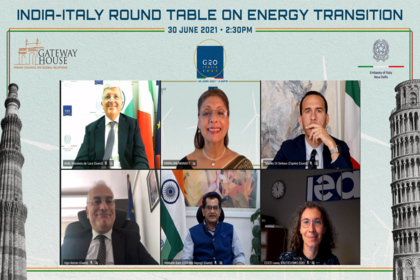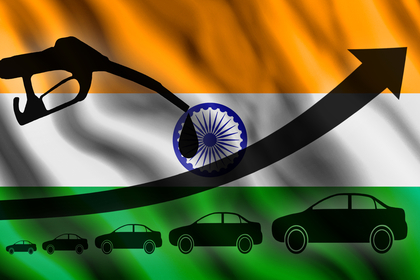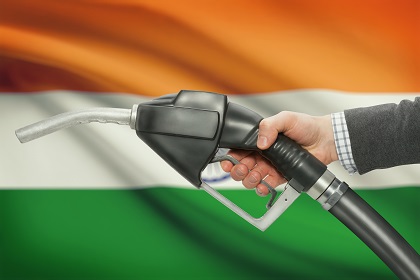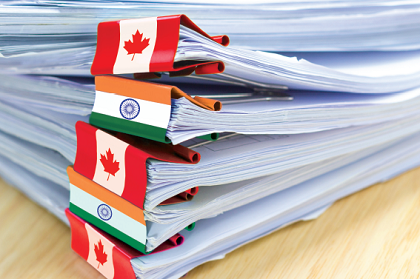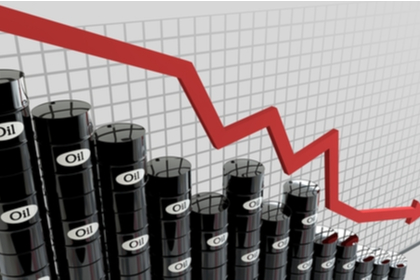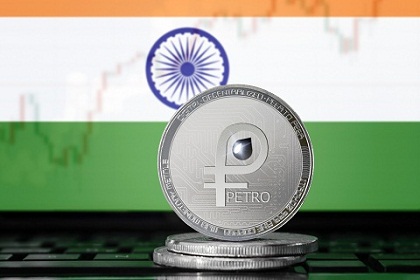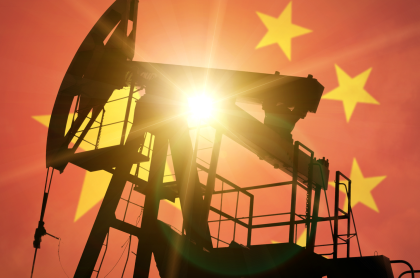India-Italy Round Table on Energy Transitions
Gateway House and the Embassy of Italy in New Delhi co-hosted the India-Italy Round Table on Energy Transitions. Indian and Italian companies involved across in the energy ecosystem came together to discuss potential collaborations. India is energy dependent and Italy has an innovative energy industry. The two countries can partner on new technologies, trade, financing mechanisms and to update regulations for a new energy era.

